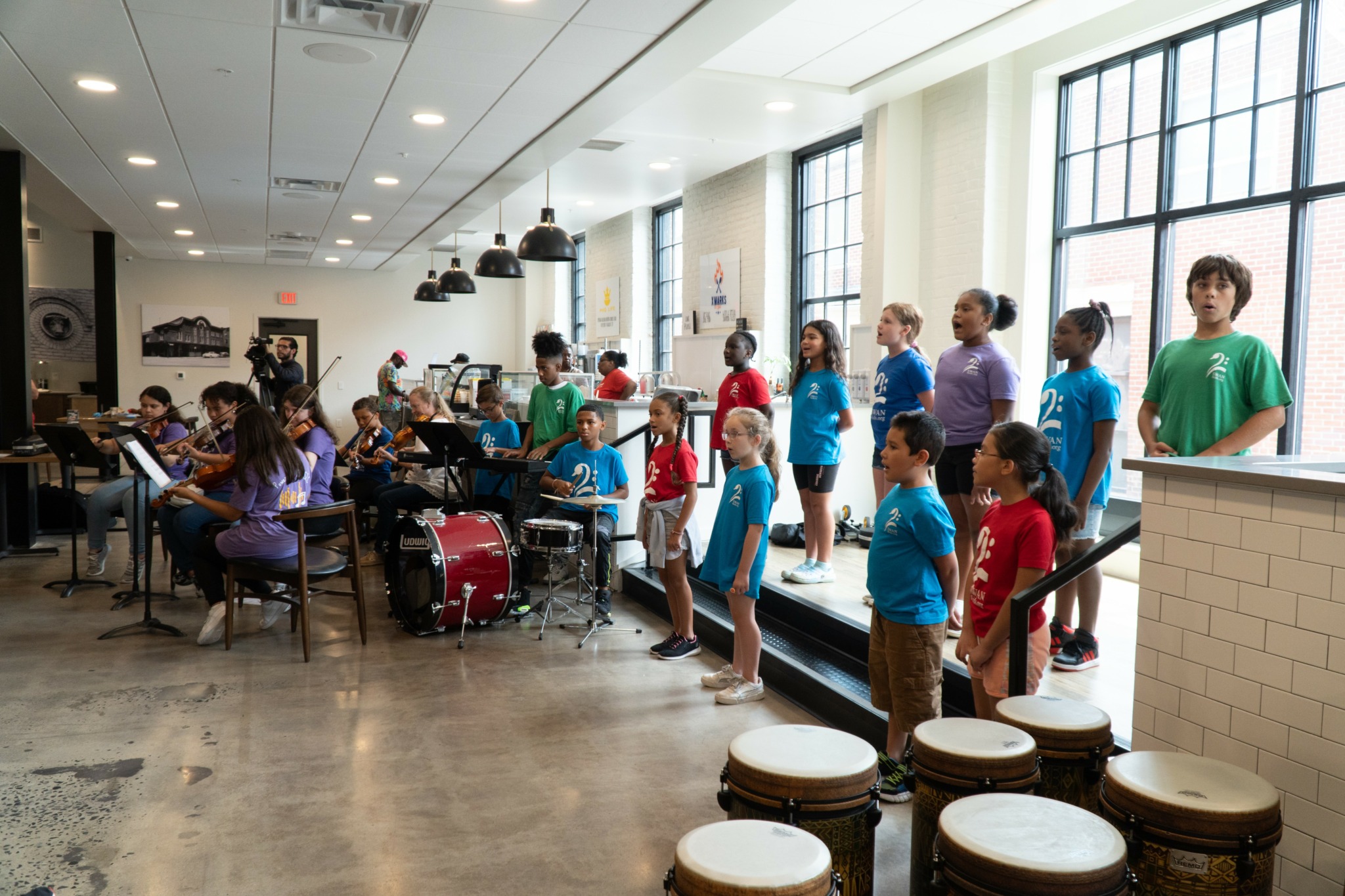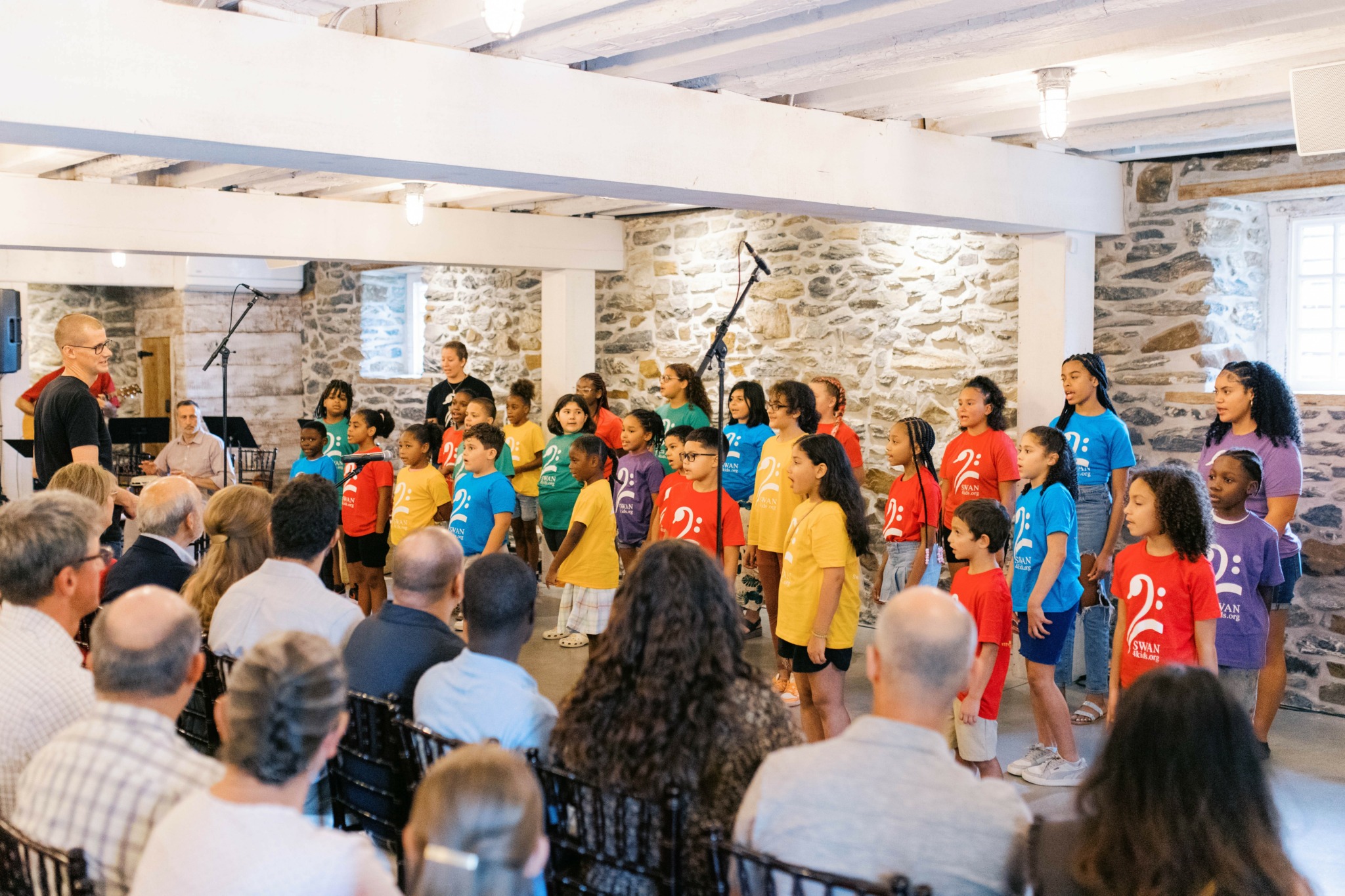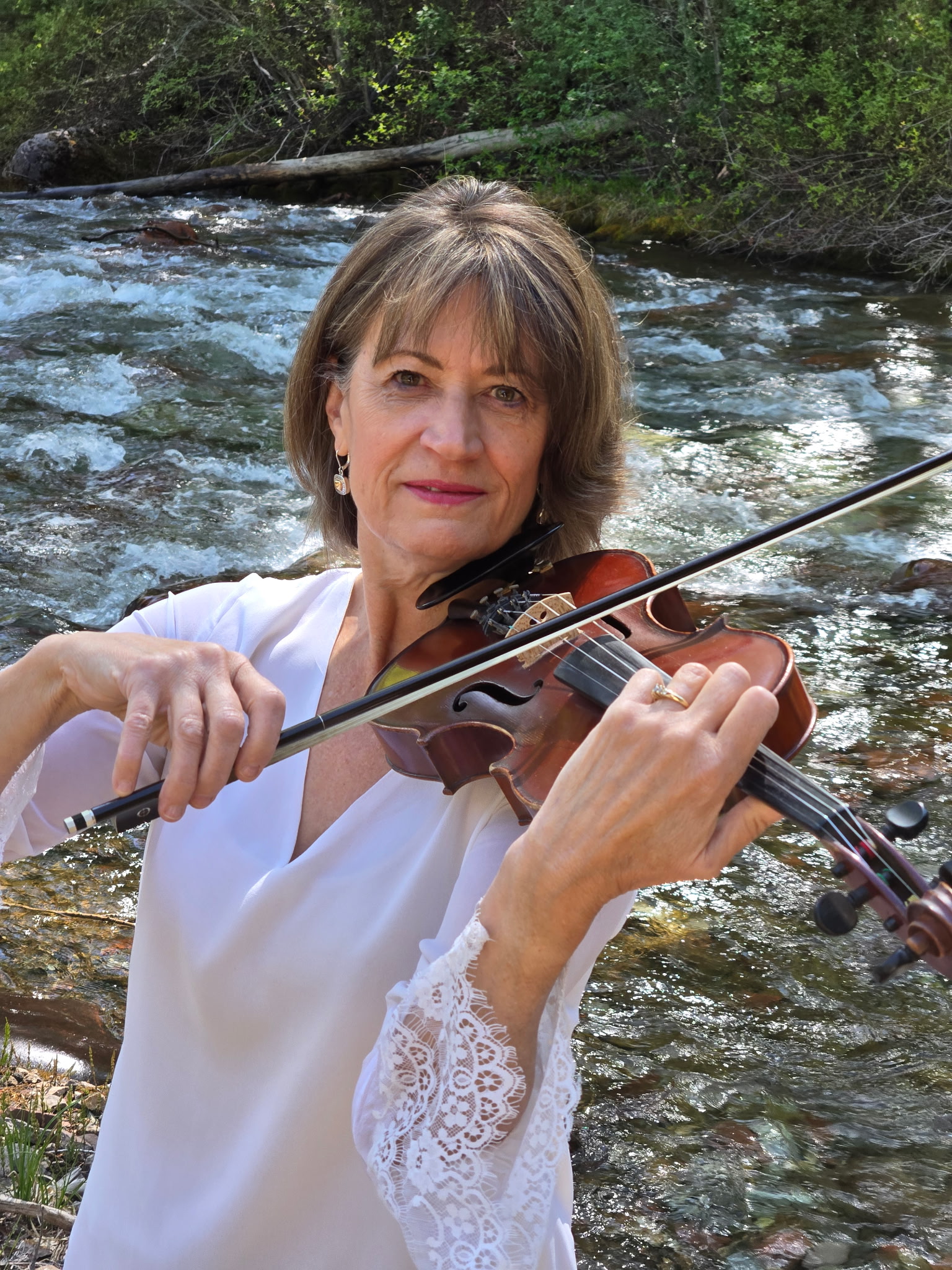Alright – so today we’ve got the honor of introducing you to Diana Vuolo. We think you’ll enjoy our conversation, we’ve shared it below.
Diana, thanks for joining us, excited to have you contributing your stories and insights. Did you always know you wanted to pursue a creative or artistic career? When did you first know?
As a child, I loved listening to classical orchestral music and playing the violin. In high school, I made the difficult decision to quit the orchestra I had been part of since elementary school because the conductor was verbally abusive. He frequently cursed at students and, on more than one occasion, threw his baton during rehearsals and stormed off in a rage. He believed that intimidation and anger would drive better performance, but it left many of us discouraged and anxious.
When the opportunity to participate in Delaware’s All-State Orchestra arose, I was both honored and excited. I requested an excused absence from school to spend an entire day preparing the repertoire. The experience included two full days of rehearsals, culminating in a concert performance.
The conductor, William Smith, Associate Conductor of the Philadelphia Orchestra, one of the world’s most respected symphonies, was everything my former conductor was not. Maestro Smith had a deep passion for teaching and mentoring young musicians. He challenged us with high expectations, but always with encouragement. He acknowledged our growth and inspired confidence in each of us.
It was the first time I had rehearsed so intensively with a full ensemble. Performing under his baton, I realized that there was no other profession I wanted to pursue. That experience ignited a calling in me to dedicate my life to music, not just for my own sake, but to offer others the same kind of hope and inspiration I had received.
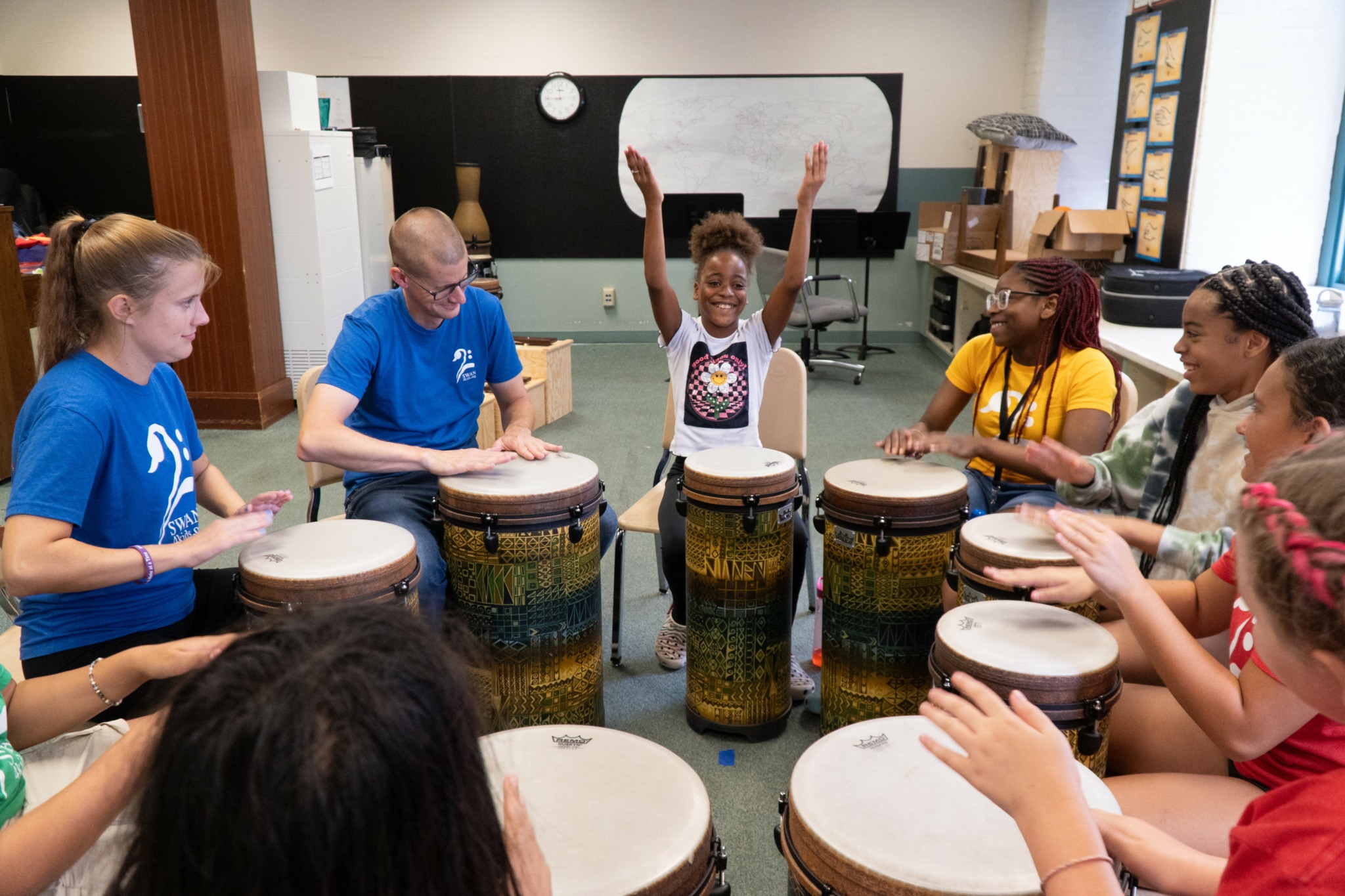
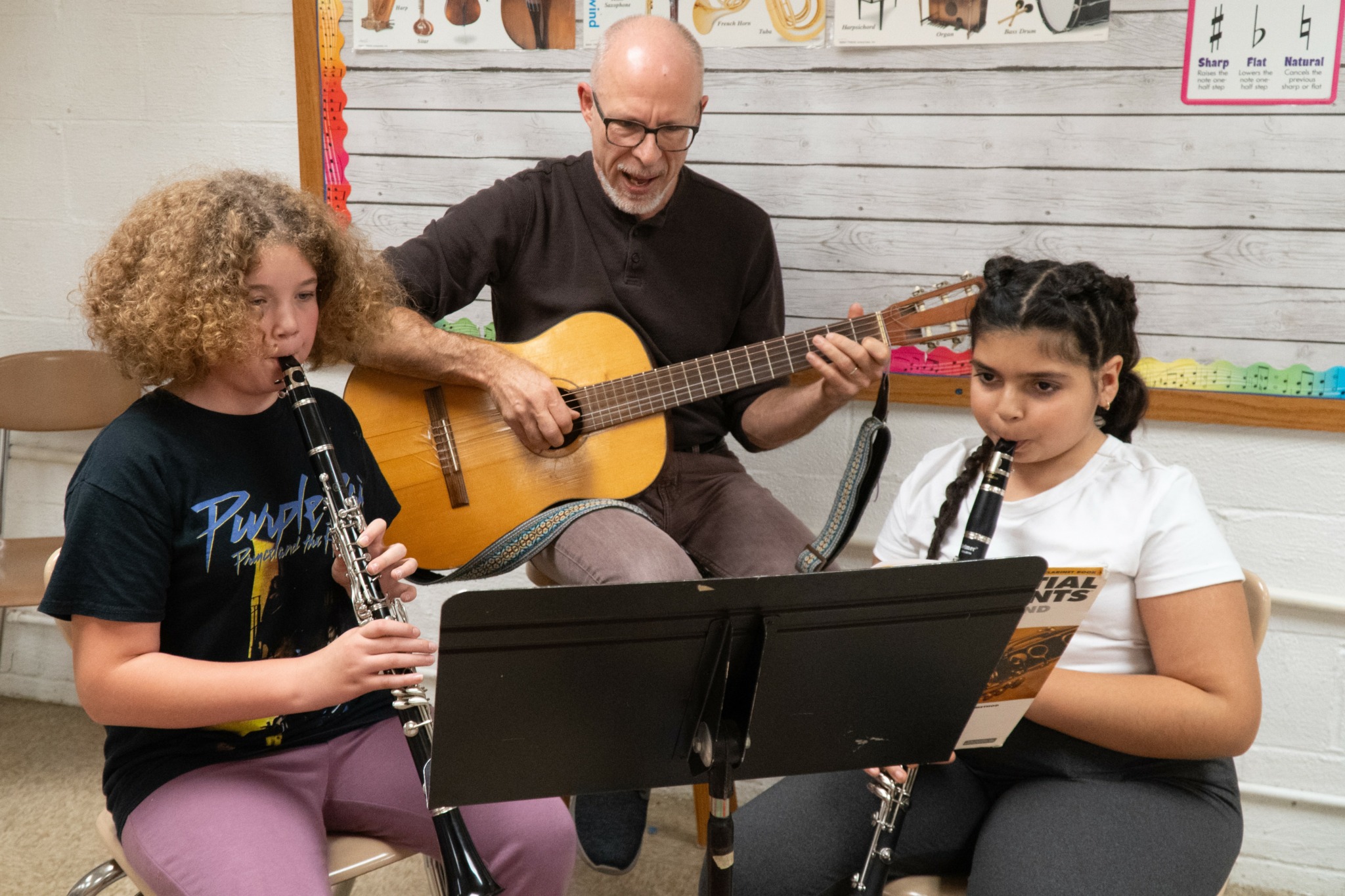
As always, we appreciate you sharing your insights and we’ve got a few more questions for you, but before we get to all of that can you take a minute to introduce yourself and give our readers some of your back background and context?
The violin became more than an instrument for me; it was my survival.
My father often came home angry, and his rage would erupt throughout the house. When he started up the stairs, my mother would rush to me and say, “Diana, get your violin out and start practicing!” I did as she said. As I played, I could hear him in the next room, hurting my siblings. Then I’d hear his footsteps pass by my door, my playing seemed to protect me, and his rage would continue down the hallway.
I remember asking my mother, even as a child, why she didn’t leave him. Her answer was heartbreaking: “Because I can’t afford to raise you.” In that moment, I made a vow that I would pursue a profession, and if I or my children were ever in a situation like hers, I would have the power to leave.
My survival plan turned me into an overachiever. I poured myself into the violin, practicing for hours, sometimes all day, and even through the night. From our small city row home, that dedication opened a life-changing door: I was awarded a full scholarship to study with one of the world’s most renowned violin teachers, Dorothy DeLay. Though she taught at Juilliard, she had been invited to teach in Philadelphia. After auditioning for her she selected me to be one of her weekly master class performers at the Aspen Music Festival. By the end of the festival, she recommended me for the scholarship. That moment marked a massive turning point in my life and set me on the path towards success.
In the early years of my career, I was grateful to experience the rewards of my dedication to music. I served as a substitute with the Saint Louis Symphony, toured Europe with the Concerto Soloists of Philadelphia, and performed with an international opera orchestra in Italy. These opportunities allowed me to collaborate with world-class musicians, an incredible privilege that shaped my artistry.
Alongside performing, I discovered a deep passion for teaching. I began offering private violin instruction and forming small ensembles. Inspired by mentors like Maestro William Smith and Dorothy DeLay, I became fascinated by the learning process. My goal as a teacher is to help students reach their full potential without relying on excessive hours of practice. Instead, I focus on kinesthetic awareness, efficient physical technique, and mental discipline, approaches that empower students to produce beautiful music with purpose, ease, and joy.
At this stage in my life, I’ve shifted my focus from performance and private teaching to using the power of music to help children in crisis. I founded SWAN: Scaling Walls a Note at a Time (SWAN4kids.org), a nonprofit that serves children affected by parental incarceration and its resulting trauma.
SWAN provides free music lessons, performance opportunities, Bible and trauma management classes, and immediate access to mental health support. Our Rising Stars Program operates as a three-hour after-school program during the school year and as a five-week, full-day music camp in the summer.
Music is a powerful tool for healing. It regulates emotions, lowers cortisol, raises dopamine, and fosters brain development, focus, and social connection. What makes SWAN unique is that we embed mental health professionals directly into our classrooms. When students are singing or drumming, those counselors are doing it with them, creating a trusted, safe environment. When a child becomes triggered, they receive immediate support from someone they know and trust.
Our Bible classes are optional, but valued. Students often share their concerns during prayer time and find great comfort in being prayed for by name.
Because we serve children who have experienced deep trauma, our programs have been life-saving for some and life-changing for many. Our goal is to help children heal so they can learn, succeed, and dream, and we’ve seen that happen time and again.
Founding SWAN and developing its distinctive program specifically for children affected by parental incarceration is truly unique.
Children affected by parental incarceration represent a large but often overlooked population: 1 in 14 children in the U.S. has experienced the incarceration of a parent. SWAN is one of the few programs in the country exclusively dedicated to serving these children through a holistic, trauma-informed model.
While many organizations offer valuable services like music instruction, mentoring, or counseling, what makes SWAN unique is how we bring these elements together into one cohesive experience. We integrate music education with embedded mental health support and optional Bible classes, all within the context of consistent, caring relationships.
At SWAN, healing is woven into every layer of our programming. We support a child’s emotional, spiritual, and creative development simultaneously, meeting them where they are and walking with them through the healing process.
We don’t just teach music, we use it as a powerful tool for transformation. Our students learn to express what words often can’t capture, to process trauma safely, and to rediscover joy and purpose. This deeply personal and relational approach is what sets SWAN apart and makes the impact truly lasting.
I am most proud of my husband, children, grandchildren, and family. They’ve been my greatest joy and the focus of my deepest devotion. Through them, I’ve experienced life’s richest blessings and built a legacy I cherish. Their love and stability give me the strength and clarity to serve others with passion and purpose.
My faith informs everything I do. I believe in the power of turning pain into purpose and using music as a pathway to healing. I’m not just building a program, I’m building relationships, planting seeds of hope, and creating safe spaces where children feel seen, valued, and loved. My vision is to see SWAN’s model expand nationally so that more children affected by parental incarceration can experience this kind of life-changing care, rooted in faith, compassion, and purpose.
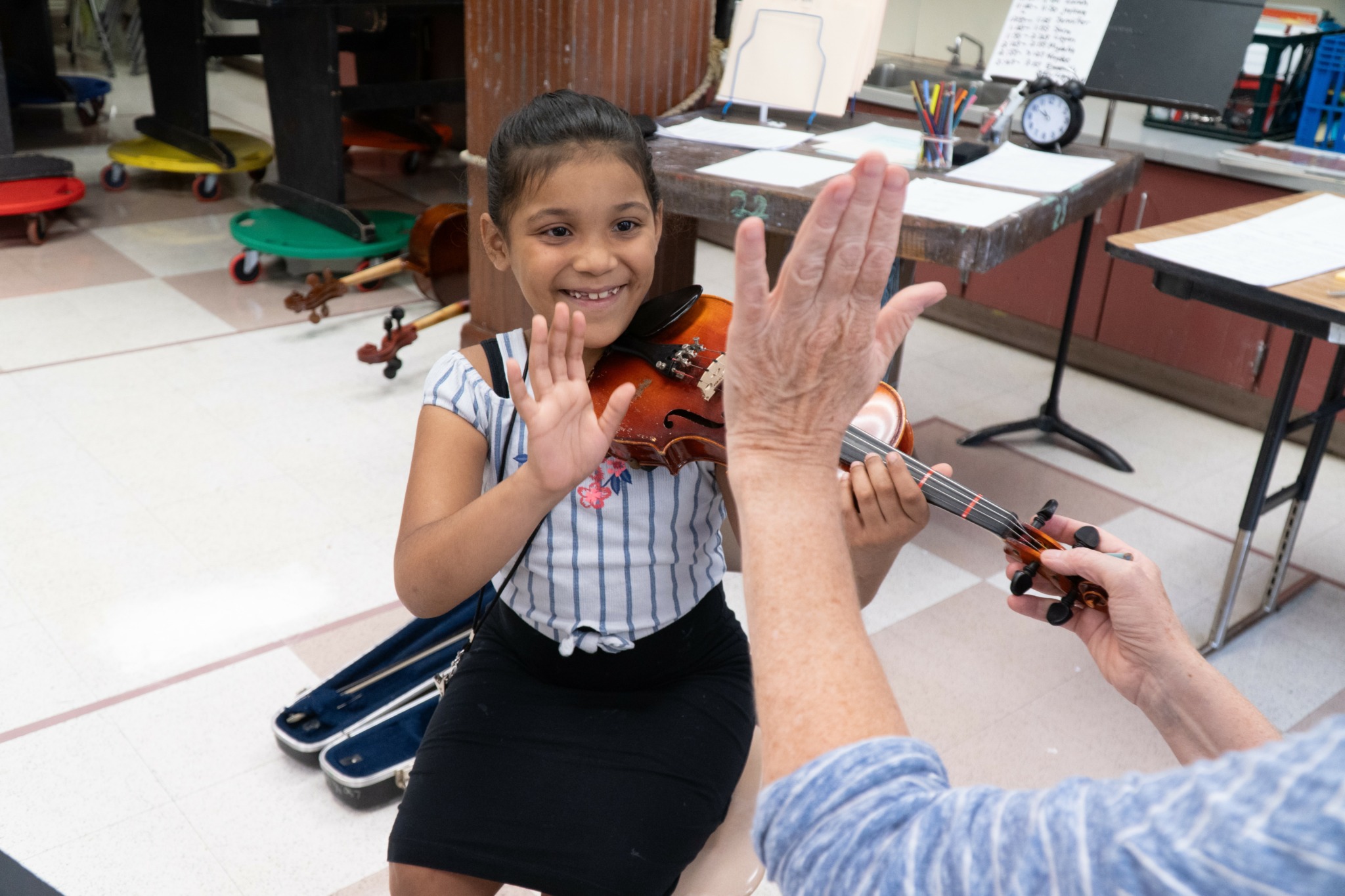
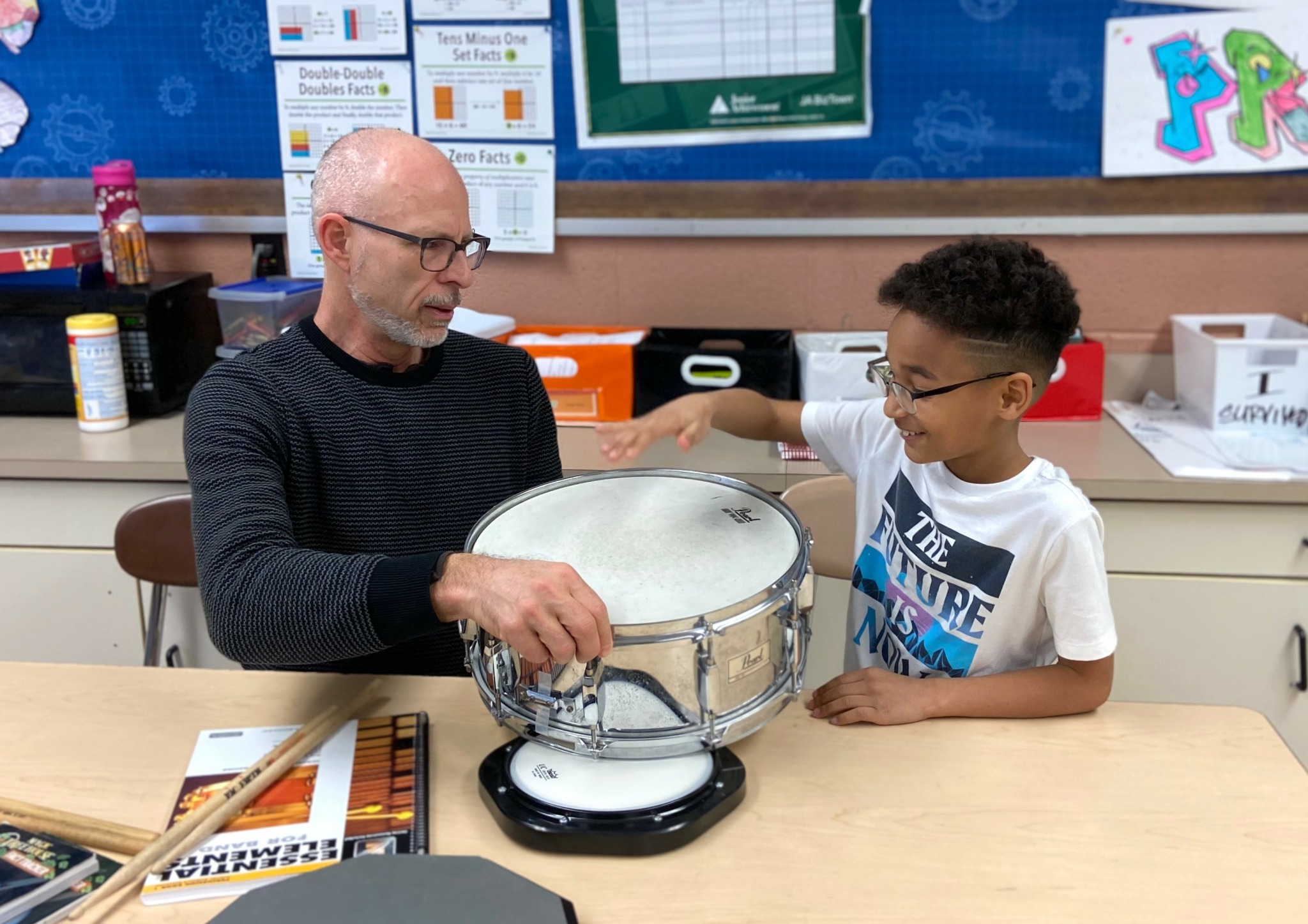
What’s a lesson you had to unlearn and what’s the backstory?
The most important lesson I had to unlearn was that growth must come through pressure, fear, and perfectionism. I was raised in an environment where strictness and stress ruled at home, in school, and even in my early music training. Compassion was scarce, and tension, emotional and physical, was constant. Even my violin playing was shaped by this mindset, full of physical strain and mental pressure.
Everything changed when I began studying with Dorothy DeLay. Her studio was a revelation. Instead of scolding students for their mistakes, she approached them with patience and kindness. She understood how the brain learns, how encouragement unlocks potential, and how music should feel, not just sound, beautiful. I began to relax, and to play with freedom. My technique and tone transformed.
Around the same time, my personal faith journey introduced me to the power of grace. Christianity taught me that love, not fear, is the most powerful motivator. Those two influences, Dorothy DeLay’s compassionate teaching and my spiritual awakening, reshaped both my career and my life. I learned that peace produces far more than pressure ever could.
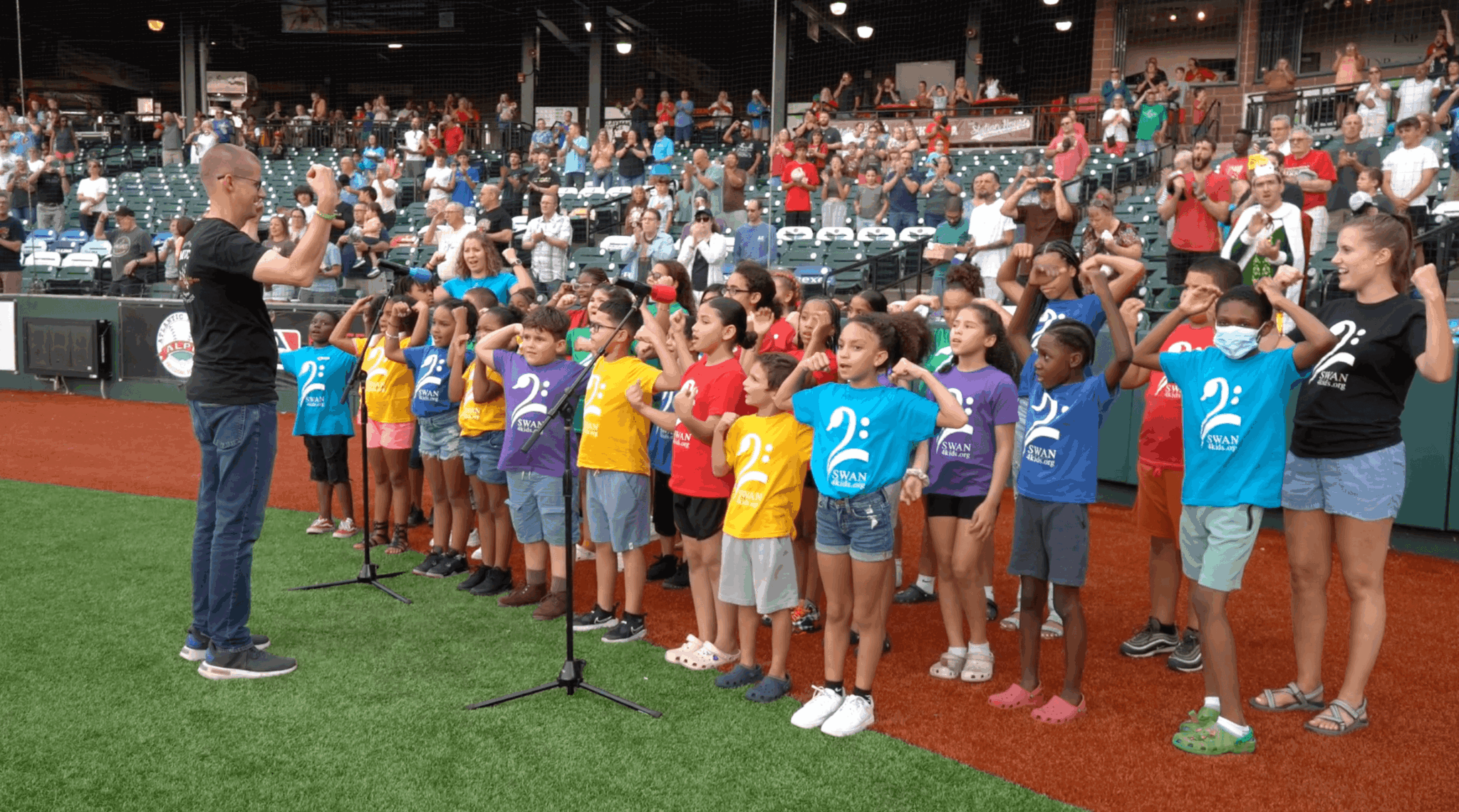
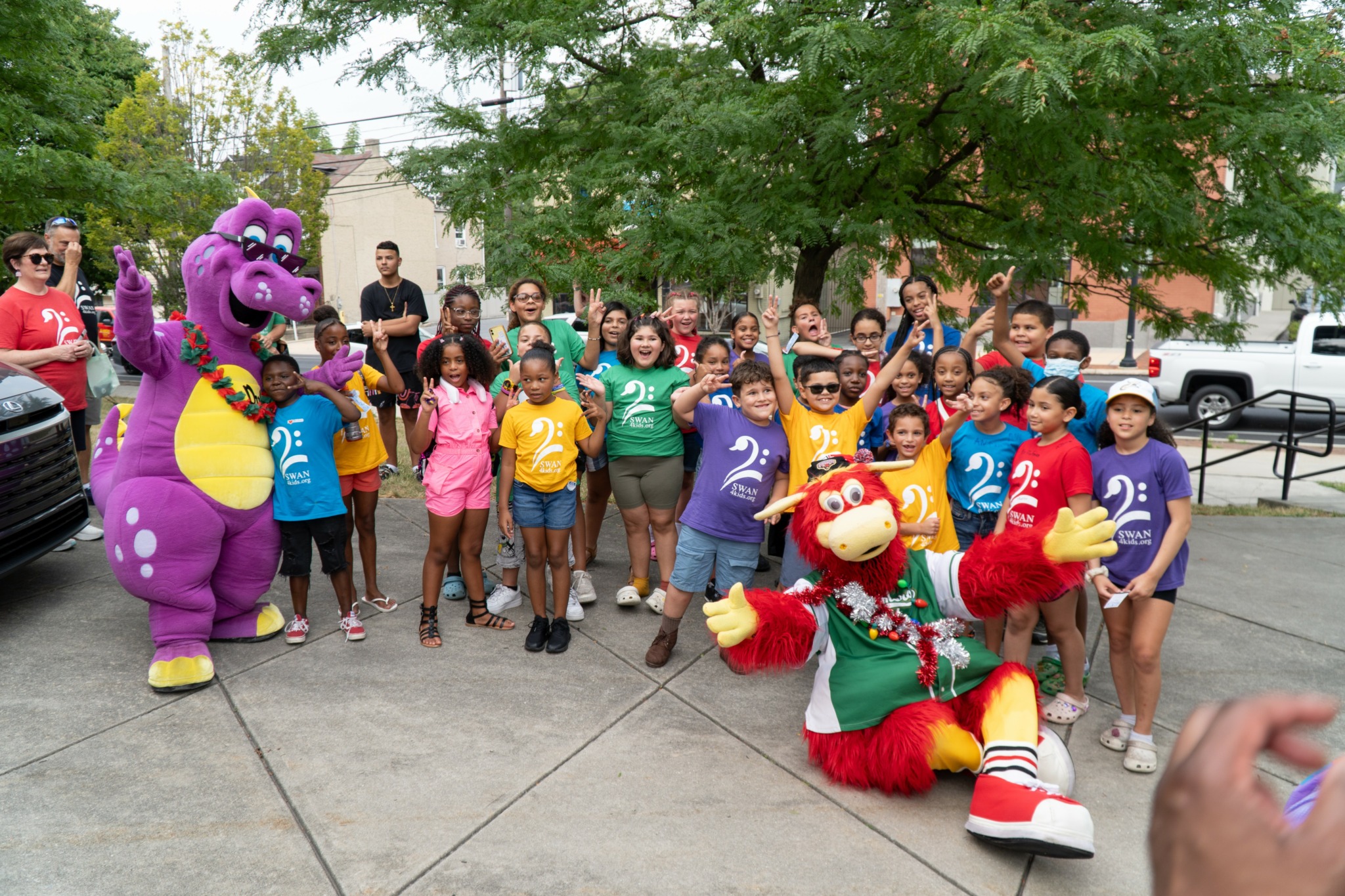
How about pivoting – can you share the story of a time you’ve had to pivot?
When I founded SWAN4kids.org, I was stepping into entirely unfamiliar territory. I was a professional violinist and educator, not a nonprofit leader. But I couldn’t ignore the deep conviction I felt to serve children affected by parental incarceration. Their pain mirrored wounds I understood, and I believed music could help heal them, just as it had helped heal me.
So, I learned, and I leaned on others. A friend helped me apply for 501(c)(3) status. Another showed me how to write a budget. Others provided marketing support and helped build our first website. One of my former students even designed our logo, one that I still cherish.
From the very beginning, I was joined by a faithful administrative assistant who volunteered countless hours to help build SWAN. She remains with us today and continues to be a valuable asset to our team. Together, we navigated unfamiliar waters, imperfectly but wholeheartedly, with a shared mission to serve vulnerable children.
What fuels our work isn’t just belief in the power of music, mental health support, and spiritual care; it’s the children themselves. Their resilience, their stories, and their words, some saying our program saved their lives, remind me every day why that pivot, though difficult, was worth it.
Contact Info:
- Website: https://swan4kids.org/
- Instagram: https://www.instagram.com/swan4kids_pa/
- Facebook: https://www.facebook.com/SWAN4kids/
- Linkedin: https://www.linkedin.com/company/swan4kids/posts/?feedView=all
